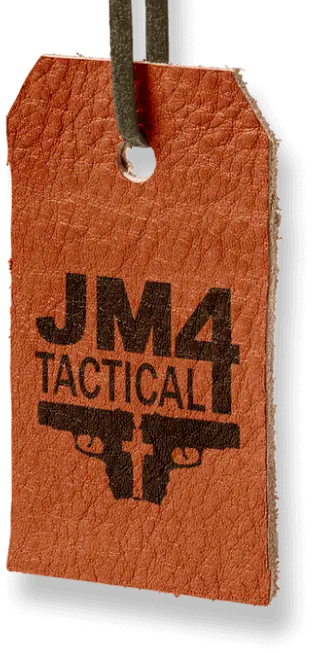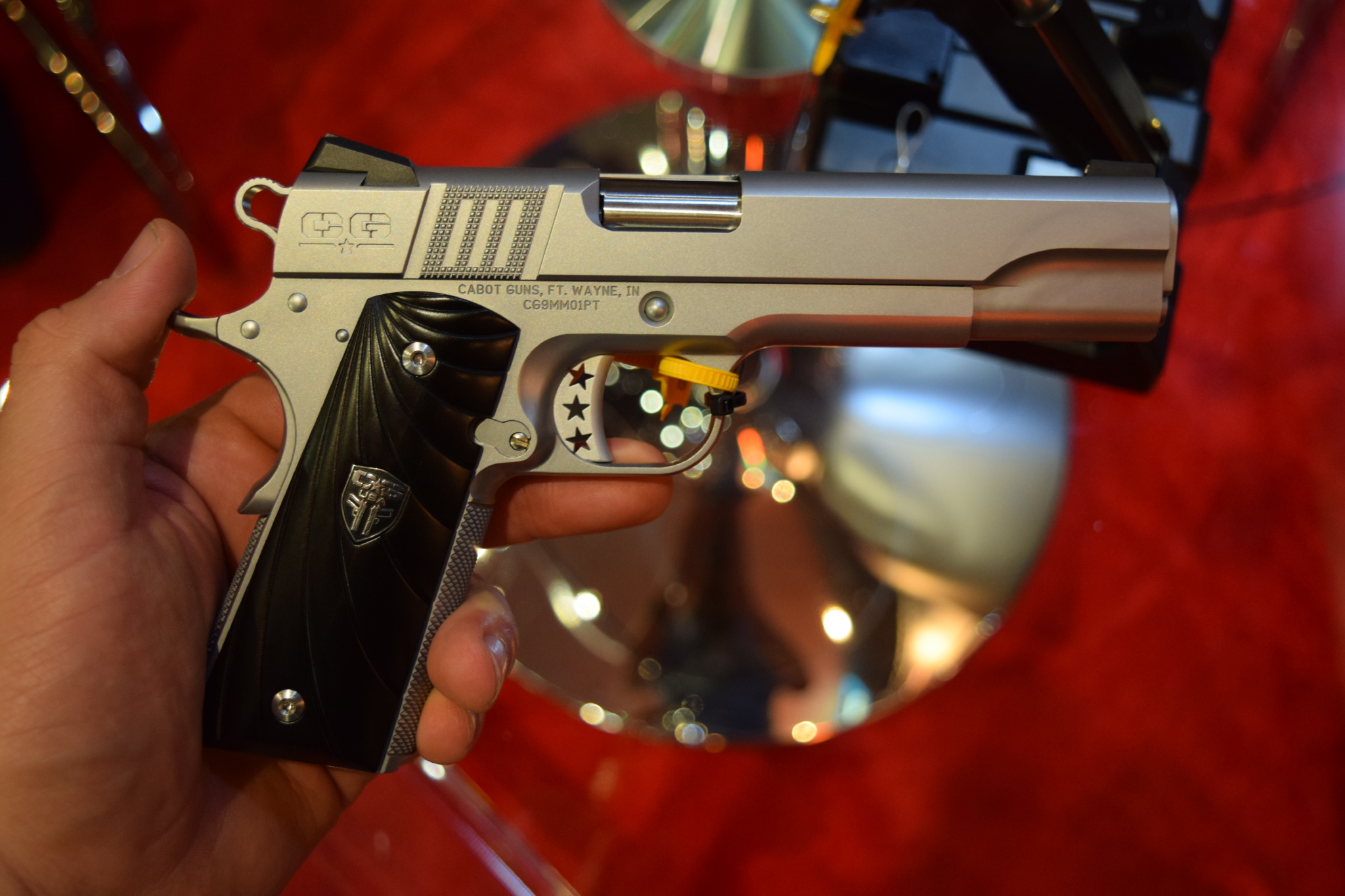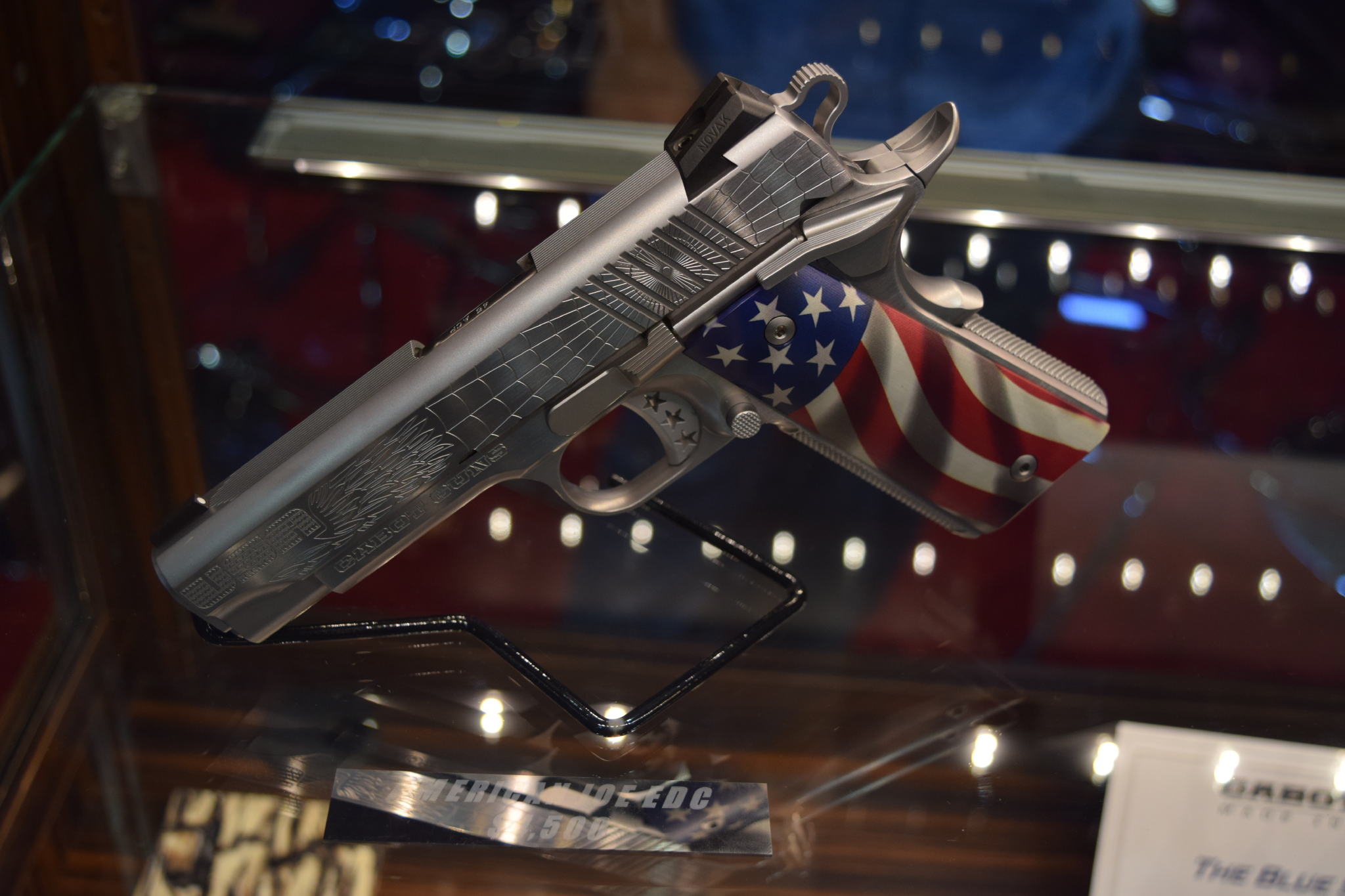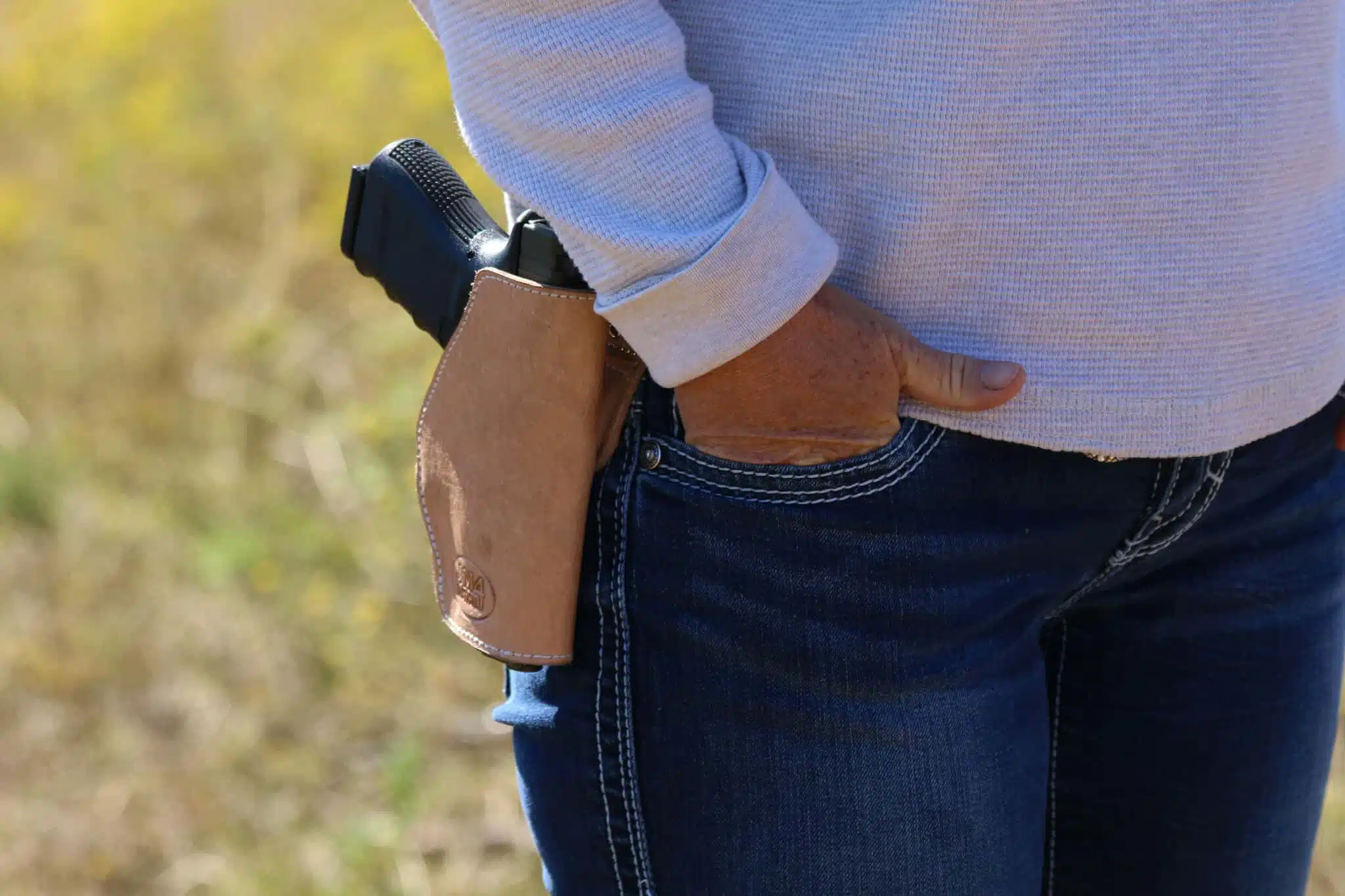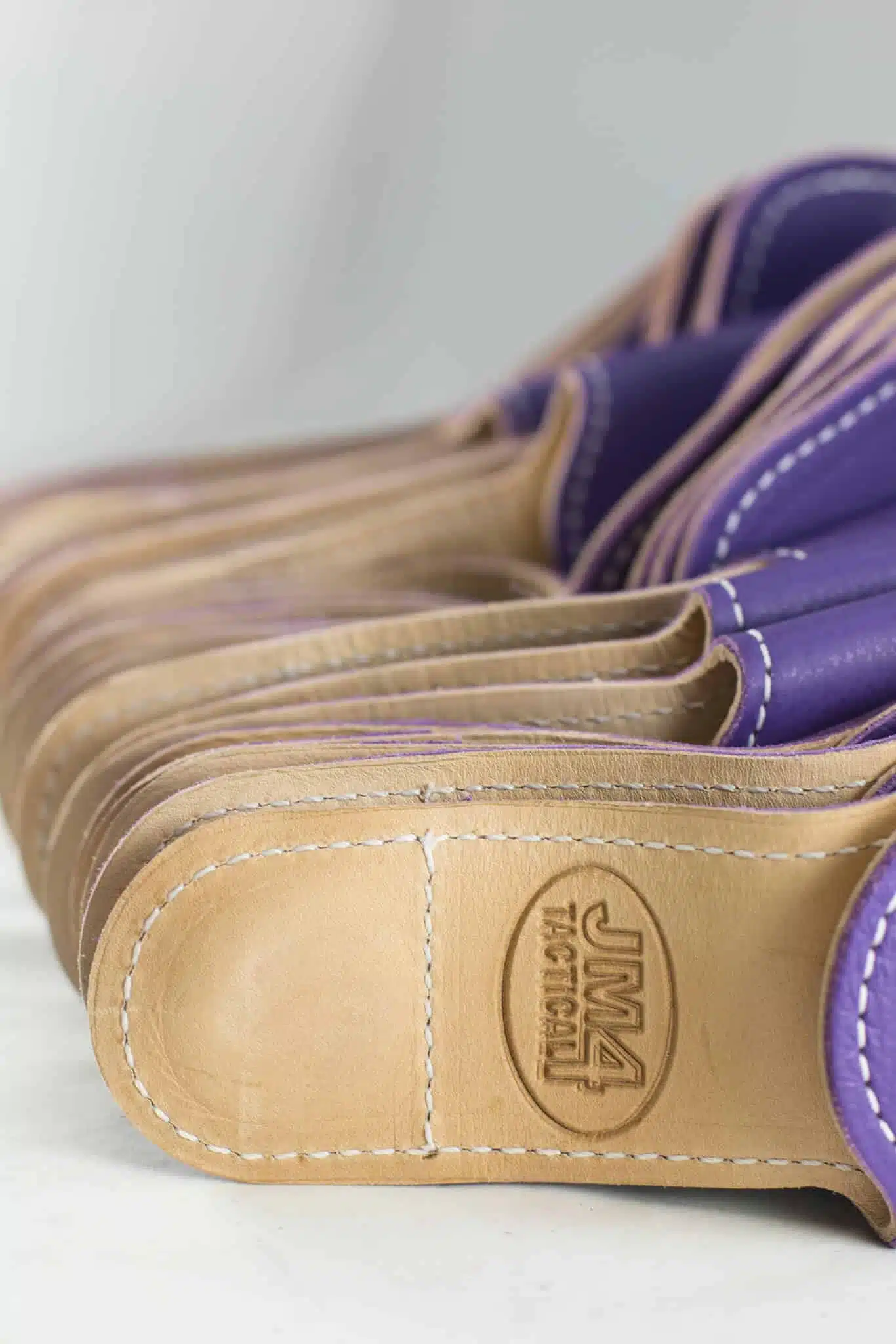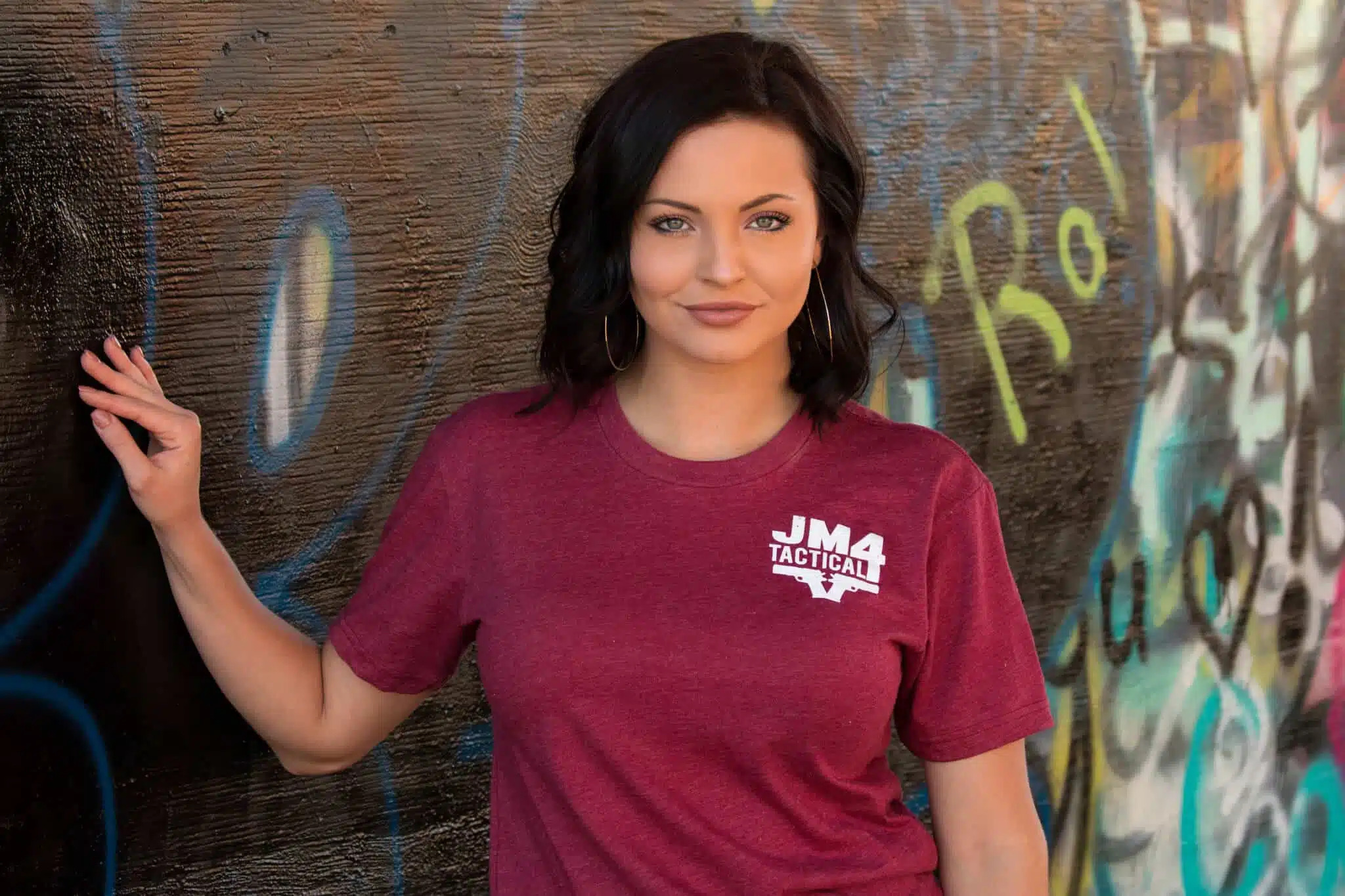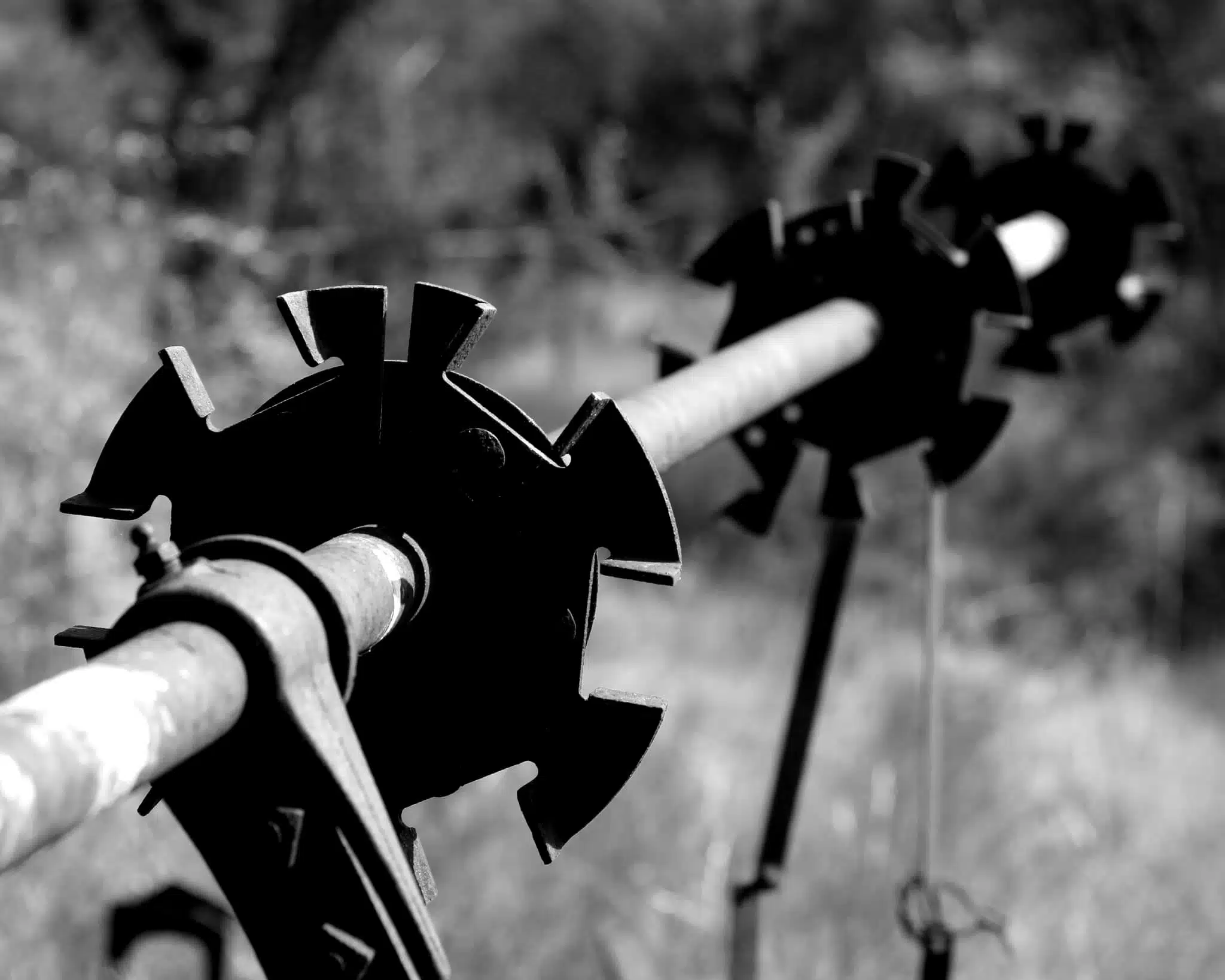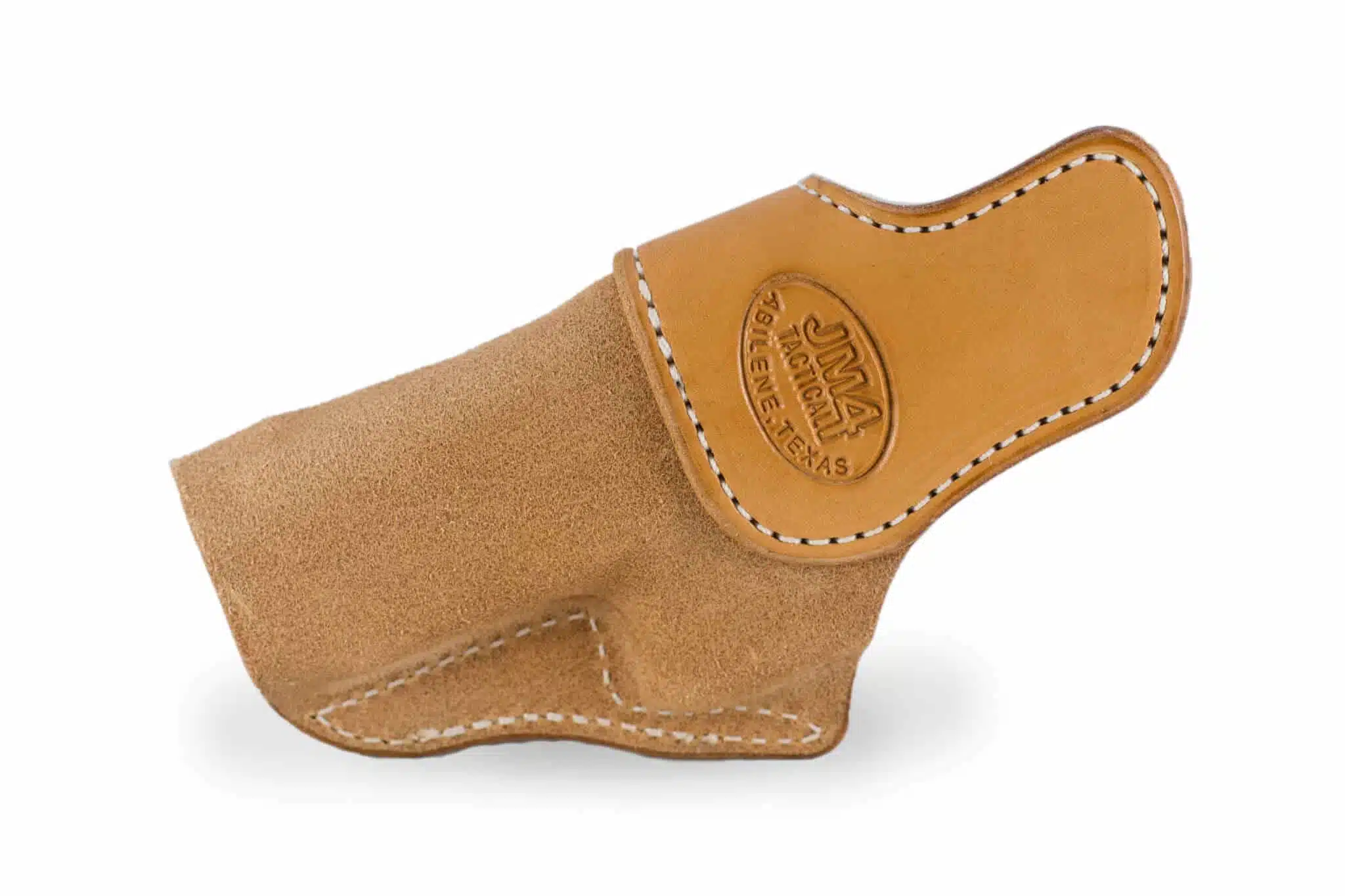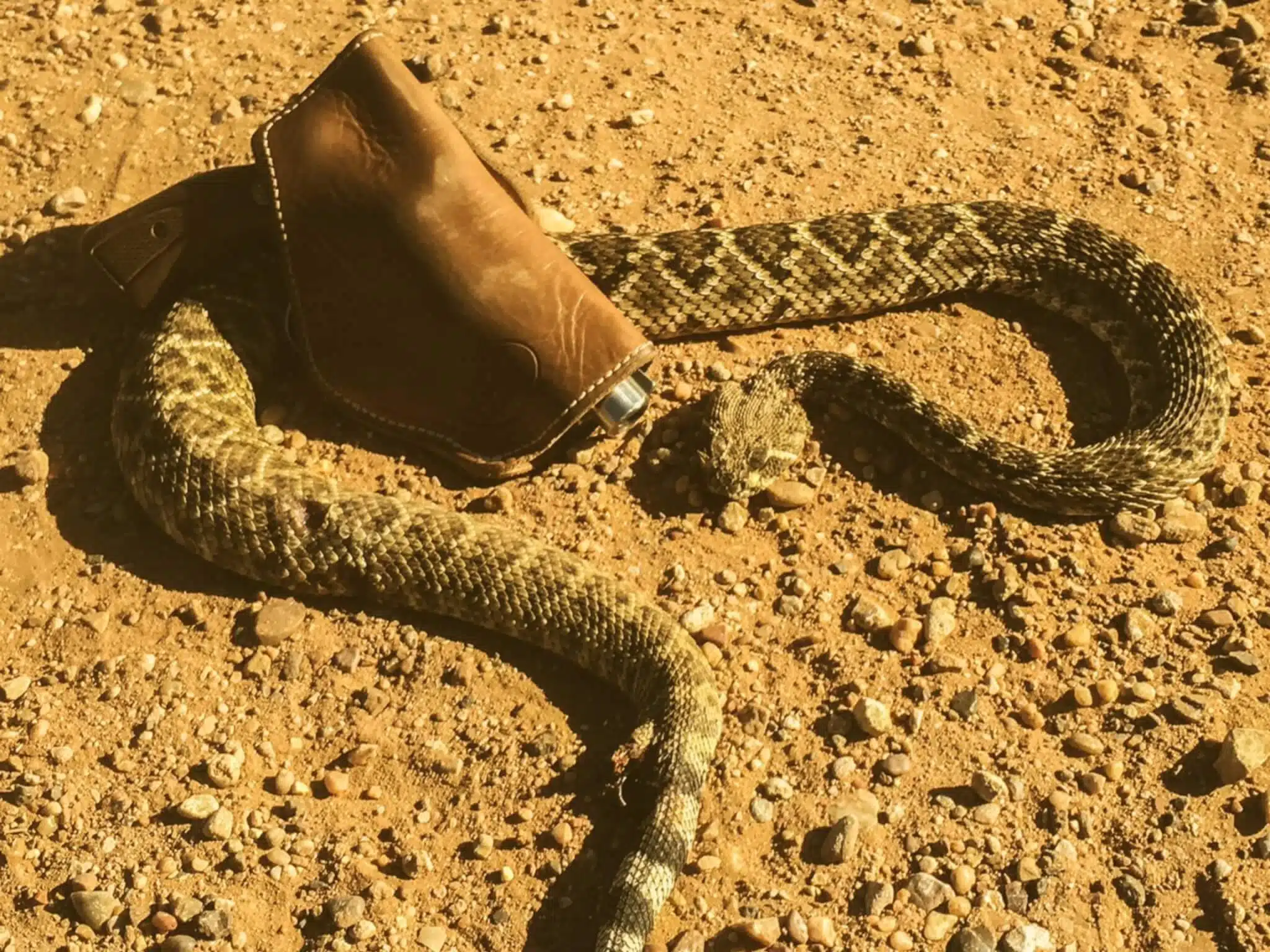6 Tips For Choosing a Firearms Instructor
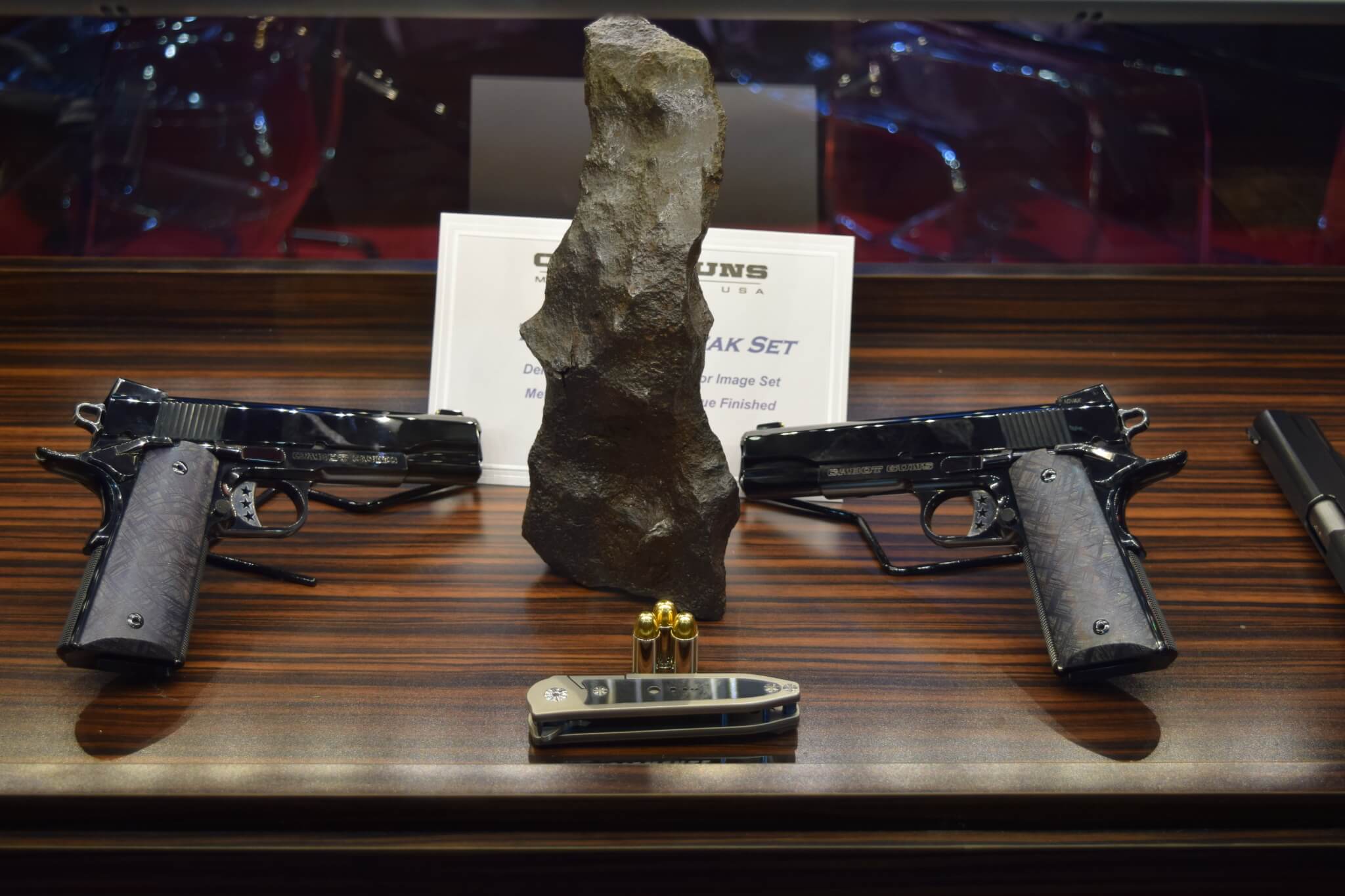
I think we can both agree that once you get your first gun, the next thing you should do is get some sort of formal firearms training so you know how to defend yourself with it.
But this raises a problem …
How do you find a decent firearms instructor? What do you look for? How do you know when to run for the hills? In this article, we’re going to discuss what to look for in a good gun trainer, and when you should move on. Because let’s face it, not all gun instructors are cut from the same cloth.
As it is in any profession where people, and not robots, are employed, not all firearms instructors are of the same quality. The truth is, some are just better than others while some shouldn’t be teaching classes at all. How can you tell the difference between a good one and a bad one?
Look for qualifications:
One thing I tell people to look for, is some sort of experience level. Many times, people try to learn as much about guns as they can in a short amount of time and call themselves an expert on the topic. This is a firearms trainer that you’d want to stay away from, if at all possible.
What you want to look for instead is someone who can demonstrate some sort of experience with firearms, beyond having only one NRA Certification.
I often look at NRA certifications as the basic, entry level requirement for an instructor. In all reality, someone with just one NRA cert is likely a beginner–though not always.
What sort of qualifications does this gun instructor have? Again, an NRA cert is a great starting point. But, have they demonstrated lifelong learning? Ultimately your firearms training should come from someone who is constantly on the receiving end of his or her own training from folks who are better than he/she is.
If your instructor is unable to show off some legitimate credentials, it may be a good idea to look for someone who can. Think about it like this, would you let an auto mechanic perform heart surgery?
Probably not, and while that example is extreme, my goal is to drive the point home for you that you need someone who is qualified to teach you the ins and outs of gun handling and safety.
Otherwise, it could be a disaster waiting to happen.
Furthermore, and some folks may disagree with me on this but I do believe it has value, some of the best firearms training you can get will be taught by former law enforcement and/or military who are also capable of working with civilians. That’s because they have real world experience likely from years of training. Of course, you shouldn’t look at folks with just military or police experience, because these folks can have a harder time dealing with civilians.
I also do want to say that if a potential firearms trainer does not have military/LEO experience, it is not a deal breaker because they may be otherwise qualified. I just feel as though it is an added qualification.
Let’s move on.
Do they teach consistently:
I know of a firearms instructor who doesn’t teach regular classes. In fact, they are so few and far between that one day, this person said something on the internet that got this person in trouble because it was the old way of doing things.
The point to this, is that things can change and you don’t need old info. You need to get your training from someone who teaches regularly and is up to date.
In addition to that, it’s highly important that you have someone who practices his/her craft on a regular basis so they’re not forgetting something important to teach you. In other words, while learning how to shoot is great, it’s also important for you to know when to (or not to) shoot. A decent instructor will give you all the tools you need.
Seek out reviews from other students:
This may or may not be an effective way of figuring out if an instructor is worth training with because some folks are so new to guns that they don’t know any better themselves. But at some point, someone will leave a bad review. Pay attention to what that person said because it could mean the difference between life and death.
And, if the firearm trainer is so new to the game that they don’t have any reviews, it might be a good idea to find someone else just to play it safe.
When to run:
Anyone who tells you he doesn’t take classes anymore, himself, isn’t qualified to be an instructor because gun skills are something that you must constantly hone to get better over time, and there is always someone better than you out there. If someone says they know it all, they’re full of it and you need to walk away.
Conversely, if your firearms instructor seems to do anything dangerous or unethical, it’s a good idea to find a different person to get your firearms training from.
What you need to do before you go:
The last tip was to pick up on anything dangerous or unethical he may do. But, you won’t likely know what is good or bad if you are new to guns. So, while I don’t necessarily condone internet training, learning some of the basics from the World Wide Web cannot hurt you in any way.
What kind of basics? For starters, some things you absolutely need to know ASAP, are the parts of your gun, what the proper ammo for it is, and the basic
rules of firearms safety. I’ll help you out with that one right now, they’re simple, straightforward and easy to remember. Memorize them and repeat them before you go the range.
- Treat every gun like it is loaded.
- Never point your gun (or its muzzle) at anything you don’t want to destroy.
- Keep your finger straight and off the trigger until you are ready to fire.
- Know what your target is, what is around it, and what is beyond it.
You need to pack up and leave if …
It doesn’t matter if you pay upfront for a class; if your hired firearms instructor breaks any of those 4 basic gun safety rules, you need to leave ASAP. Listen to me very carefully, there are some instructors who should not be teaching.
There aren’t that many of them, but they are out there. The main thing to be aware of is safety. If they violate the rules, you need to run for the hills.
Conclusion:
I hope this helped answer your question about what to look for in an instructor for firearms training.
Now that you’re done, you’ll need a good, quality holster to carry your gun in after your class is over. If you’re looking for an affordable, leather holster that’s also high quality, look no further:
Take me to the JM4 Tactical Holster Page.
The 1911s in this article are from
Cabot Guns, and taken from the NRA Annual Meeting, 2017.
